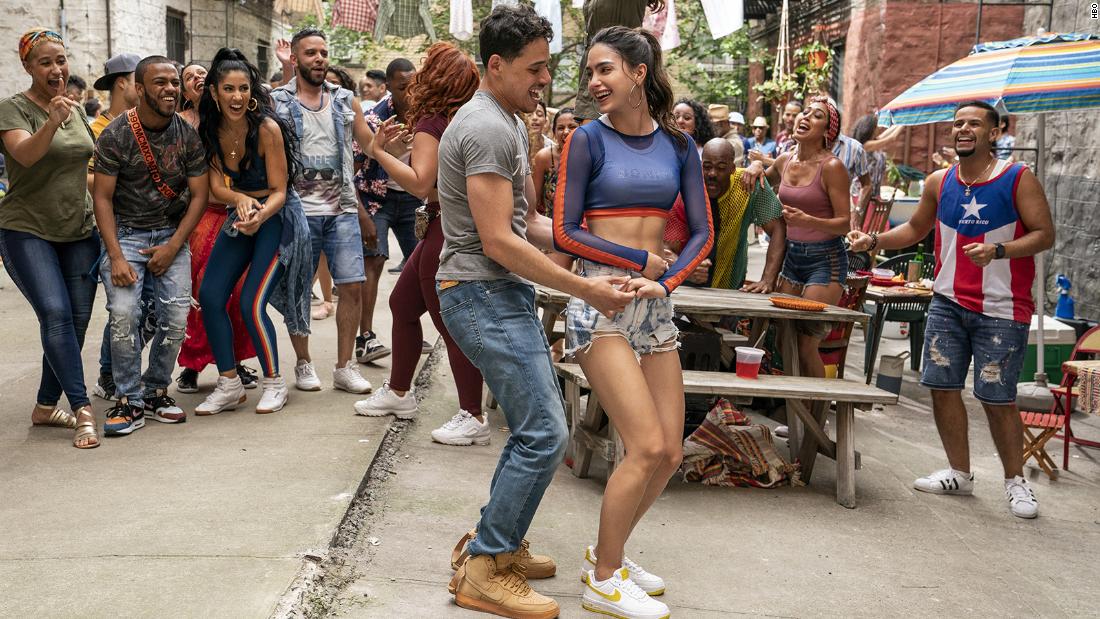
Jun 16, 2021
1 min, 45 secs
She cried when she saw the recent film adaptation in theaters.But as much as she loved the movie, Chapman couldn't help feeling like "the ball was dropped" in casting its leads."Washington Heights is a real place with real people," she said.
"When you walk through that neighborhood, what it looks like is not being reflected on the screen."
Chapman's criticism -- that "In The Heights" lacks dark-skinned, Afro-Latinx characters in major roles -- echoes a point many in the Latin American diaspora have been making since the trailer came out in 2019.Now that "In The Heights" has hit the big (and small) screen, the film is reigniting important conversations around colorism, anti-Blackness and representation in the Latinx community.And for Chapman and other Afro-Latinx people in the entertainment industry, it's complicated.'In The Heights' is groundbreakingEven those with critiques of the film acknowledge just how significant "In The Heights" is for Latinx representation.The characters are young, old, undocumented, first-generation college students, Dominican, Puerto Rican, Cuban.This is the first time I'm seeing this on screen, and I've never had that."
Henry Alexander Kelly, an Afro-Latinx actor and writer born to Nicaraguan parents, says it "encapsulated my existence.""The amount of Latinx representation on screen is incredible," he added.But it falls short in some waysFor all the ground "In The Heights" breaks around Latinx representation and visibility, some fans feel it missed an opportunity to combat long-standing issues of colorism in the Latinx community and Hollywood at large.Though several people have noted how significant it is to see Leslie Grace, who identifies as Afro-Latina, play Nina Rosario, "In The Heights" doesn't feature any darker-skinned, Afro-Latinx performers or characters in leading roles.That decision was hurtful to some, given that darker-skinned actors often struggle to land Latinx parts because they don't fit the stereotypical image."It would have been nice to see at least one of the leads be an Afro-Latinx person of dark skin to really represent those people who are always shut out," Mercedes said.In a recent interview with The Root, director Jon M.